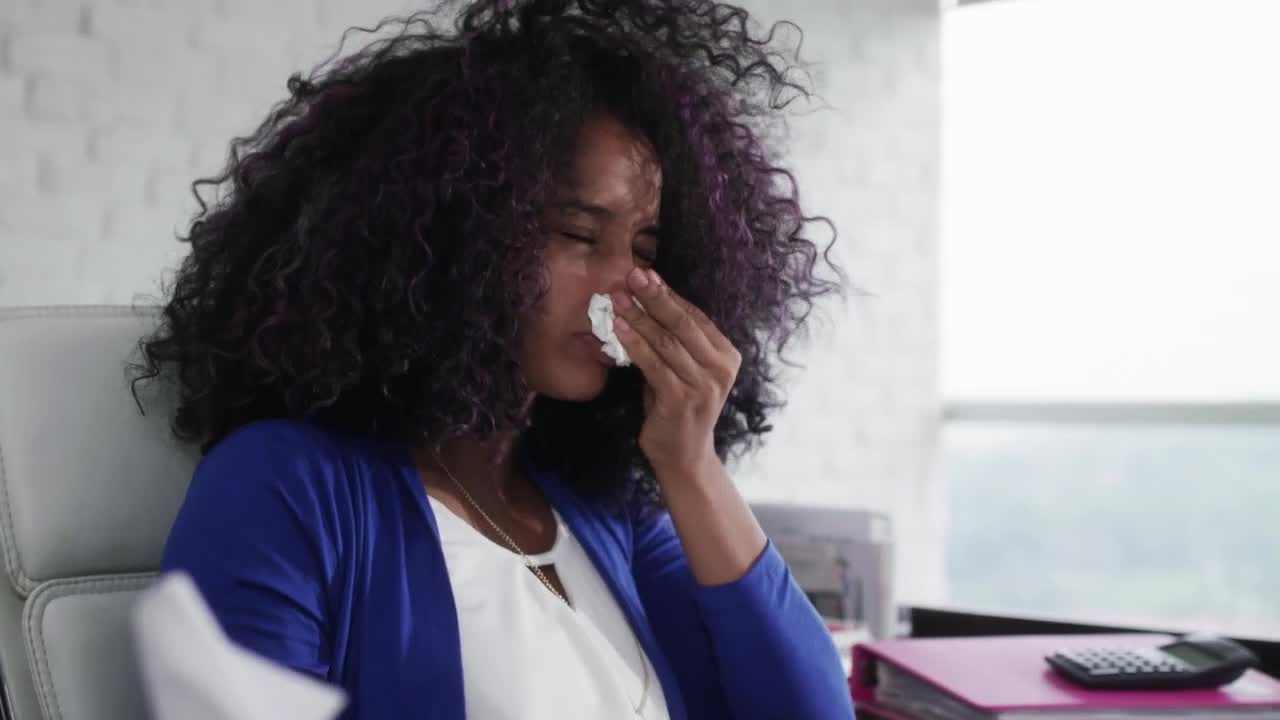COLLEGE STATION, Texas (KRHD) — Seasonal allergies are often associated with spring and fall, but there can also be spikes during the summer.
- Pollen from flowers, grass and weeds can continue in the summertime, as the weather changes, winds pick up allergens, and neighbors mowing their lawns spread them through the air
- Over the last six weeks, local doctors offices have seen a significant increase in patients with allergy symptoms
- When should you see a doctor? If you have a fever, severe pain in the nose, sinuses or ear, it might be time to see a medical professional
Broadcast Script:
Many Central Texans are struggling with allergies this summer.
"It's been going on for six weeks or more now — plenty of allergy symptoms, a lot of nasal congestion, sneezing, itching in the nose, itching in the eyes, itching in the mouth sometimes," Dr. Yarshen said.
If you're one of millions of Americans who suffer from seasonal allergies every year, summer isn't necessarily a break from it — and right now, we're in the middle of a spike.
"You've got, the winter thaw that comes into the spring and things coming into bloom and things settle down a little bit, but then you get into the ragweed and the grass and people start mowing their lawns, and that stuff's blowing around everywhere," Dr. Yarshen said.
Dr. Yarshen with CHI St. Joseph Common Spirit in College Station, says they went from seeing one or two patients a week with allergy symptoms, to multiple patients every day, and he says that's unusual for this time of year.
"It's going to follow a pattern just about every year, and you get kind of out of the winter cold and flu season, and then you have the allergy stuff start"," he said.
He says most people have discovered what works best for them and can self medicate, but if it starts impacting everyday life, it might be time to see a doctor.
"A fever of 100.5 or higher — if you're having an intense amount of pain in the nose or in the sinuses or behind the eyes, if you start getting really bad ear pain, sometimes the allergies will just make you so mucous-y and have so much discharge that your ears get full of fluid," Dr. Yarshen said.
"Once that happens, then you can get an ear infection, so those are the kind of things to look out for."



